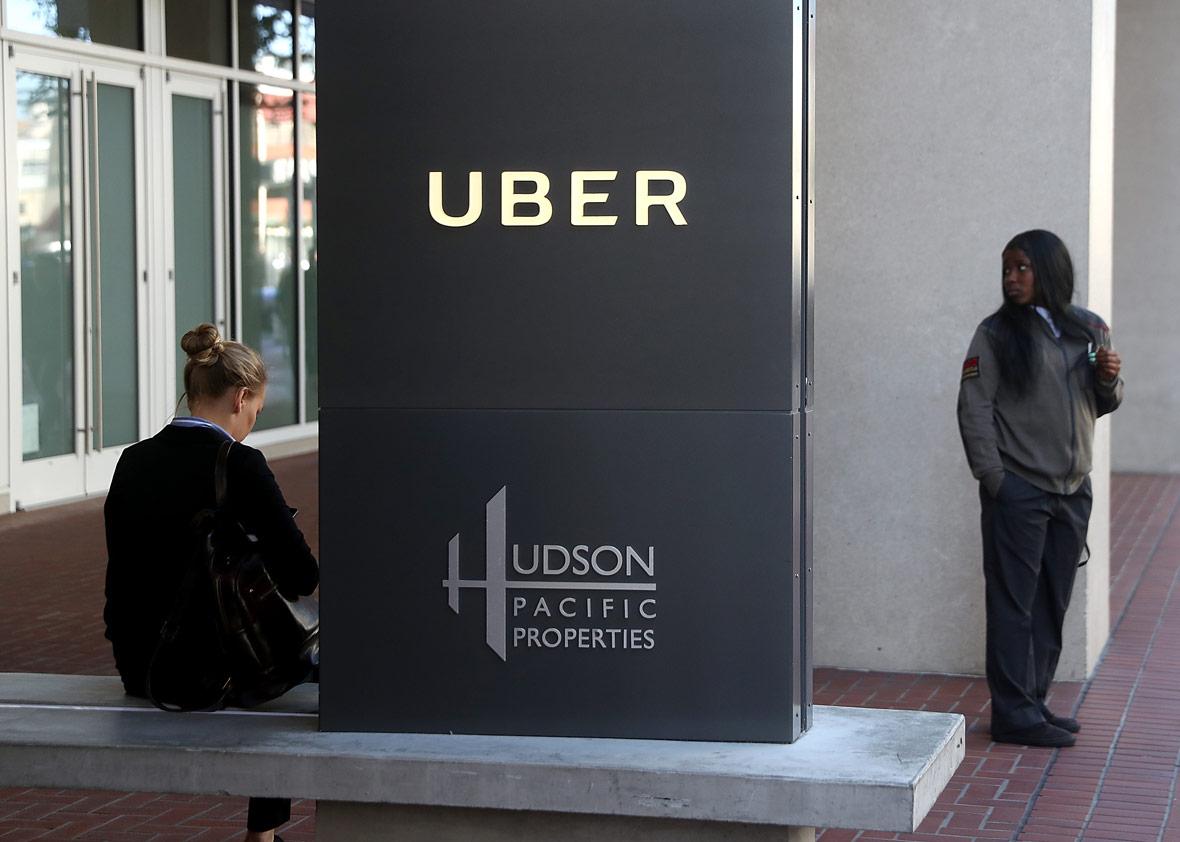Uber has spent much of 2017 in crisis mode thanks to a series of self-inflicted scandals—many of them involving the abhorrent treatment of women who work at the company. But it finally had a friendly news cycle this week: News broke that the nearly $70 billion company had closed its gender and race pay gaps.
That’s an ambitious claim—in fact, it’s also one that Google has made, though the search giant has resisted sharing data with federal investigators who suspect that may not be true. Uber’s initiative, which it announced to its employees Tuesday and which could cost the company hundreds of millions of dollars, is both laudable and worthy of similar skepticism. Which is why Uber should release its data.
News of Uber’s new equitable pay scheme was first reported on Wednesday in the Information, which notes that all Uber employees are getting a generous pay increase on top of the company closing its wage gaps, likely in an effort to boost employee morale following a serious allegations about the treatment of female employees at the company, which ultimately culminated in Travis Kalanick stepping down as CEO. That came on top of reports that leadership attempted to discredit a woman who was raped in an Uber ride in India and lewd comments Kalanick himself made about having sex with fellow employees in a staffwide email.
Female engineers across Silicon Valley have said that they’d rather not work for Uber, citing what appears to be a toxic work environment that prioritizes the interests of men in leadership over the well-being of women and other under-represented groups at the company.
Uber released a diversity report in March, which illustrated a company dominated by white men. Women only accounted for 15 percent of its tech employees. Black tech employees only make up 1 percent of its employees in the U.S.; only 2 percent of Uber’s U.S. employees who work in technical positions are Hispanic.
Explicit efforts to correct potentially discriminatory disparities in employee compensation between male and female and white and nonwhite employees at Uber may help to retain its workforce, as the company moves to look for a new CEO. But fixing pay inequities based on race and gender isn’t easy, and even if Uber bumps salaries to correct the imbalance, it takes a concerted effort to keep a fair system in place. That’s because if leadership is already overwhelmingly male and white, those people may be more inclined to empathize, relate to, and ultimately help employees who look like them. “If you’re thinking about pay equity, it’s not just about people who are doing the same job,” says Elise Gould, a senior economist at the Economic Policy Institute, who has written extensively about gender and race wage gaps. “It’s also about who gets promotions, and who gets to be in positions of leadership. It’s about who is also rising to the top.”
For Uber’s part, there are a number of women in leadership roles at the company, including Rachel Holt, head of Uber’s North American Operations; Frances Frei, the vice president of leadership and strategy at Uber; Liane Hornsey, the company’s head of human resources; and Jill Hazelbaker, the vice president of communications. Still, Uber declined to share much information about how it achieved salary equity across the company beyond that it took into account factors such as location of the employee, length of time at the company, and job category.
“If a company is going to be so bold to say that its fixed its pay gap problem, then I’d want them to release the data to show that,” says Gould. “You want to see everything they’ve based their judgement on. If they’ve already complied this data, then it costs nothing to share it.”
Considering all the scandal and reports of sexual misconduct at Uber, one would think that the company would want to trumpet any good news it has to share—and back those claims with data.
Also, let’s remember that these raises only impact the company’s actual employees, not its legions of drivers—for whom complaints about poor treatment and low pay are a feature of the job, tipping or not, and whom the company fervently wishes to replace with robots.
